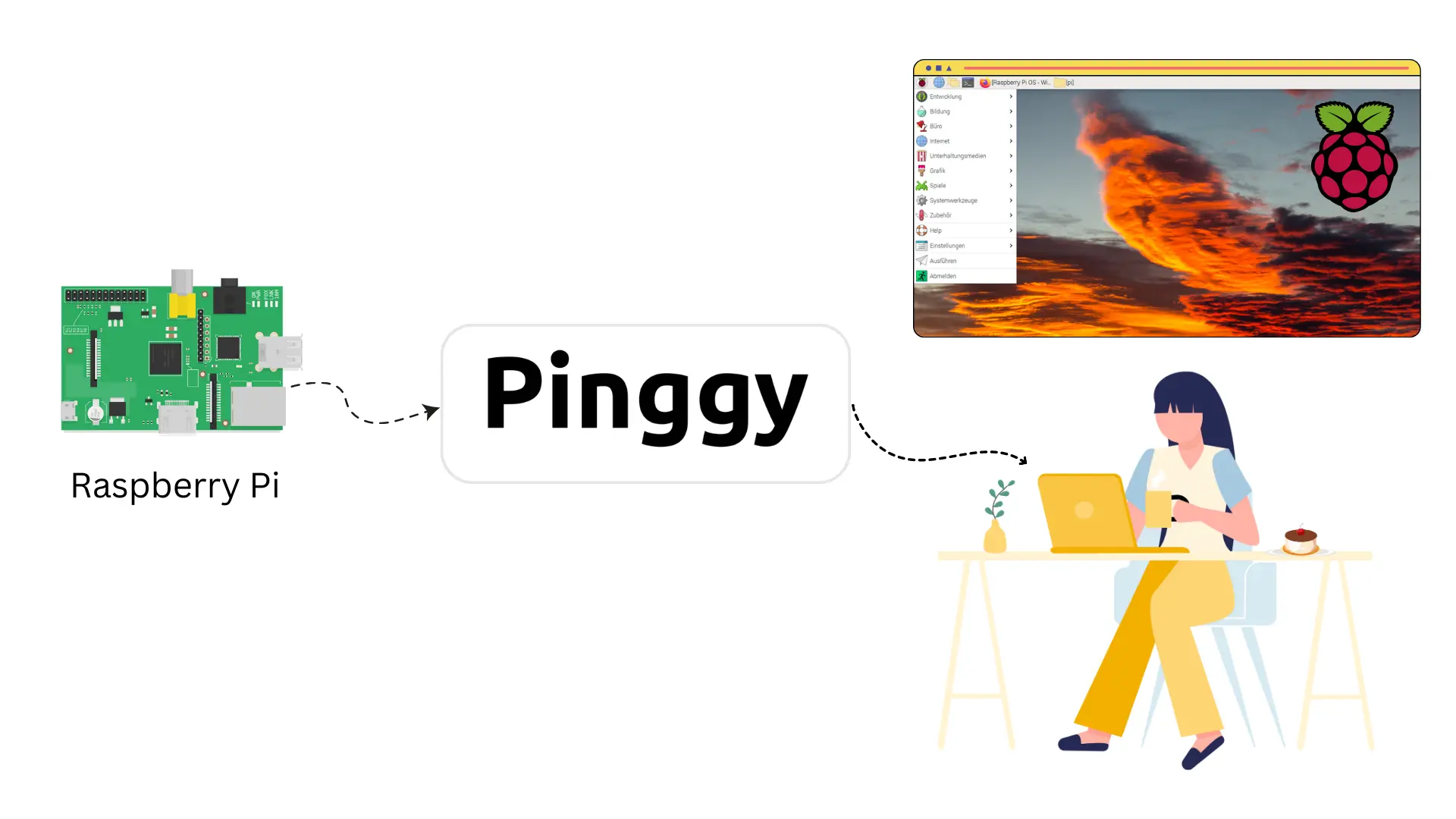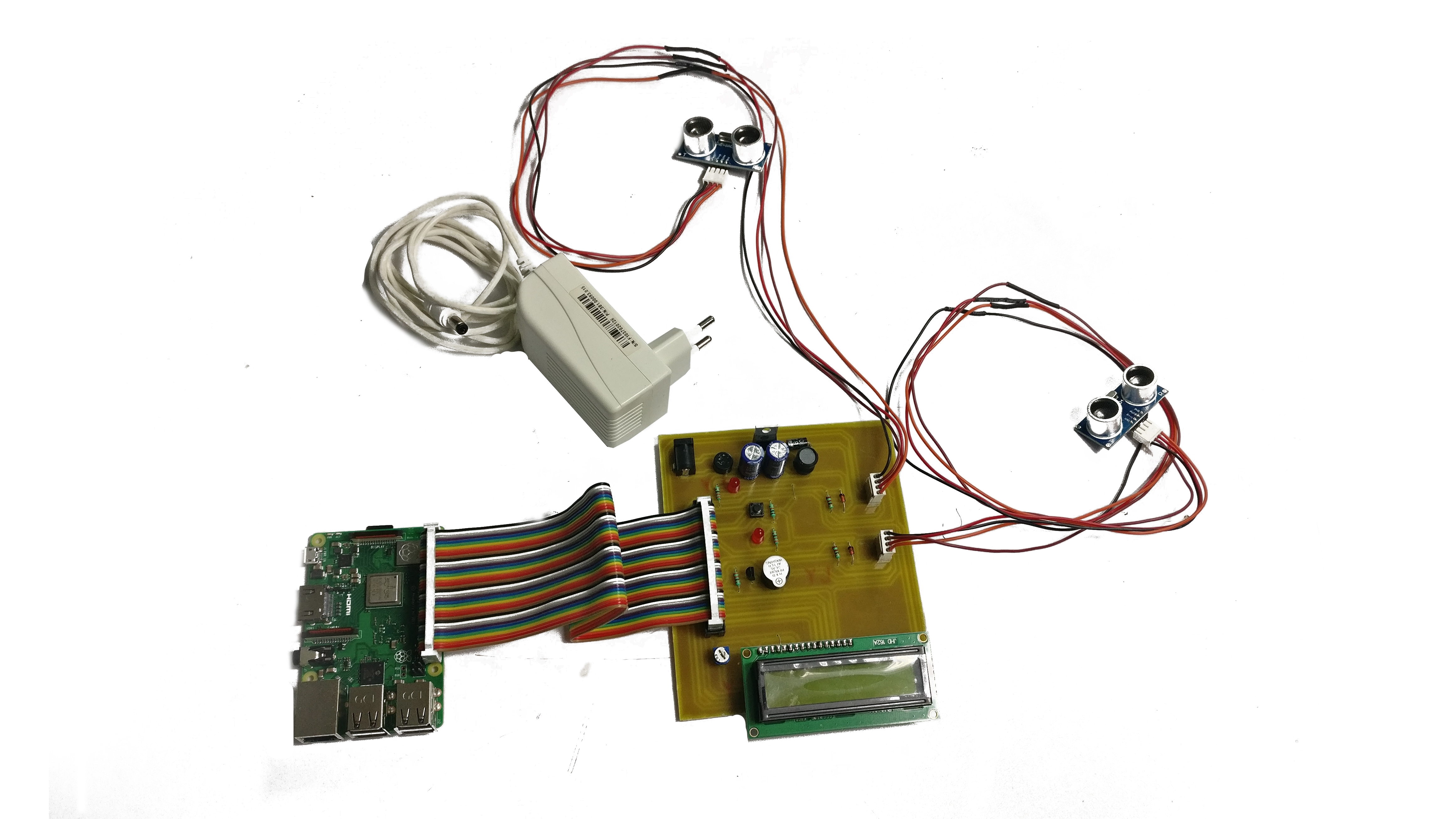Hey there tech enthusiasts! If you're diving into the world of Raspberry Pi Remote IoT, you're about to unlock a realm of possibilities that can revolutionize the way you interact with technology. Whether you're a seasoned pro or just starting out, this guide will give you the tools you need to get started with Raspberry Pi Remote IoT download free. So, buckle up and let's explore the future of smart technology!
Raspberry Pi Remote IoT has become a buzzword in the tech community for good reason. It's not just another gadget; it's a platform that empowers users to create innovative solutions for everyday problems. From home automation to industrial applications, the possibilities are endless. And the best part? You can download everything you need for free, making it accessible to everyone.
Let's face it, we live in a world where being connected is more than just a convenience—it's a necessity. With Raspberry Pi Remote IoT, you can take control of your devices from anywhere in the world. This guide will walk you through everything you need to know to get started, so whether you're building a smart home or automating your business, you're in the right place.
What is Raspberry Pi Remote IoT?
Raspberry Pi Remote IoT refers to the use of Raspberry Pi as a platform for building Internet of Things (IoT) projects that can be controlled remotely. Essentially, it allows you to create smart devices that can communicate with each other and be managed from afar. The beauty of Raspberry Pi lies in its versatility and affordability, making it an ideal choice for hobbyists and professionals alike.
In today's fast-paced world, having the ability to monitor and control your devices remotely is a game-changer. Imagine being able to adjust the thermostat in your home while you're at work or check the security cameras while you're on vacation. With Raspberry Pi Remote IoT, these scenarios become reality.
Why Choose Raspberry Pi for IoT Projects?
Here are some reasons why Raspberry Pi is the go-to choice for IoT enthusiasts:
- Cost-effective: Raspberry Pi is affordable, making it accessible to a wide range of users.
- Open-source: The platform is open-source, meaning you have access to a vast community of developers and resources.
- Flexibility: You can customize and adapt Raspberry Pi to suit your specific needs.
- Community support: There's a thriving community of developers who contribute to the growth and development of Raspberry Pi projects.
Getting Started with Raspberry Pi Remote IoT
Before you dive headfirst into your Raspberry Pi Remote IoT project, it's important to understand the basics. This section will guide you through the essential steps to get started.
Setting Up Your Raspberry Pi
Setting up your Raspberry Pi is relatively straightforward. Here's what you need to do:
- Download the Raspberry Pi OS from the official website.
- Install the OS onto an SD card using a tool like BalenaEtcher.
- Connect your Raspberry Pi to a monitor, keyboard, and mouse.
- Power on your Raspberry Pi and complete the initial setup.
Once your Raspberry Pi is up and running, you're ready to start exploring the world of IoT.
Raspberry Pi Remote IoT Download Free
One of the greatest advantages of using Raspberry Pi for IoT projects is the availability of free resources. You can download all the software you need to get started without breaking the bank. Here are some key downloads to consider:
- Raspberry Pi OS: The official operating system for Raspberry Pi, available for free on the Raspberry Pi website.
- MQTT Broker: A messaging protocol used for communication between IoT devices. You can download Mosquitto, a popular MQTT broker, for free.
- Node-RED: A flow-based programming tool that simplifies the development of IoT applications. It's available as a free download.
By leveraging these free resources, you can build powerful IoT solutions without incurring significant costs.
Understanding the IoT Ecosystem
To truly harness the power of Raspberry Pi Remote IoT, it's important to understand the broader IoT ecosystem. Here are some key components:
Sensors and Actuators
Sensors and actuators are the building blocks of any IoT project. Sensors collect data from the environment, while actuators perform actions based on that data. Some common sensors include:
- Temperature sensors
- Humidity sensors
- Motion detectors
Actuators, on the other hand, can control devices such as lights, fans, and motors.
Building Your First Raspberry Pi Remote IoT Project
Now that you have a basic understanding of Raspberry Pi Remote IoT, it's time to build your first project. Here's a step-by-step guide:
Step 1: Define Your Project
Start by defining the purpose of your project. What problem are you trying to solve? Whether it's automating your home or monitoring your garden, having a clear goal will guide your development process.
Step 2: Gather Your Components
Once you have a project in mind, gather the necessary components. This may include sensors, actuators, and any other hardware specific to your project.
Step 3: Write the Code
Using a programming language like Python, write the code to control your IoT devices. There are plenty of tutorials and resources available to help you get started.
Step 4: Test and Deploy
Test your project thoroughly to ensure everything works as expected. Once you're satisfied, deploy your solution and enjoy the fruits of your labor!
Security Considerations for Raspberry Pi Remote IoT
As with any connected device, security is a critical concern when working with Raspberry Pi Remote IoT. Here are some tips to keep your project secure:
- Use strong passwords and enable two-factor authentication.
- Regularly update your software to protect against vulnerabilities.
- Limit access to your devices by using firewalls and secure networks.
By following these best practices, you can ensure that your Raspberry Pi Remote IoT project remains safe and secure.
Real-World Applications of Raspberry Pi Remote IoT
Raspberry Pi Remote IoT has a wide range of applications across various industries. Here are some examples:
Smart Home Automation
Create a smart home by controlling lights, thermostats, and security systems remotely using Raspberry Pi.
Agriculture
Monitor soil moisture levels and automate irrigation systems to optimize crop growth.
Healthcare
Develop remote patient monitoring systems to improve healthcare delivery.
Challenges and Solutions in Raspberry Pi Remote IoT
While Raspberry Pi Remote IoT offers incredible opportunities, it's not without its challenges. Here are some common issues and solutions:
Connectivity Issues
Problem: Poor internet connectivity can disrupt your IoT project.
Solution: Use a stable internet connection and consider implementing offline functionality.
Power Management
Problem: Power outages can affect the performance of your devices.
Solution: Use backup power sources and implement energy-efficient designs.
Conclusion
In conclusion, Raspberry Pi Remote IoT offers endless possibilities for innovation and creativity. By downloading the necessary software for free and leveraging the power of Raspberry Pi, you can build solutions that enhance your daily life. Whether you're automating your home or developing industrial applications, the potential is limitless.
We encourage you to take the next step and start your Raspberry Pi Remote IoT journey today. Share your experiences, ask questions, and connect with other enthusiasts in the comments below. Together, we can build a smarter, more connected world!
Table of Contents
- What is Raspberry Pi Remote IoT?
- Why Choose Raspberry Pi for IoT Projects?
- Getting Started with Raspberry Pi Remote IoT
- Raspberry Pi Remote IoT Download Free
- Understanding the IoT Ecosystem
- Building Your First Raspberry Pi Remote IoT Project
- Security Considerations for Raspberry Pi Remote IoT
- Real-World Applications of Raspberry Pi Remote IoT
- Challenges and Solutions in Raspberry Pi Remote IoT
- Conclusion


